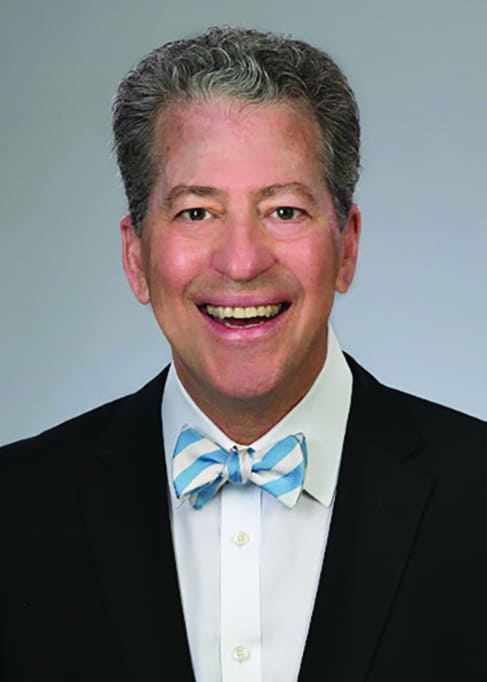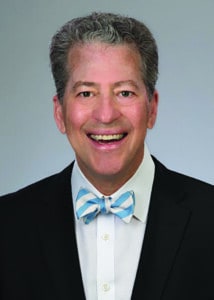Through the Virginia Beach-based Wagner Kapoor Research Institute, local ophthalmologists and vitreoretinal surgeons Alan L. Wagner, MD, FACS, FICS, FASRS, AME, and Kapil G. Kapoor, MD, FACS, FICS, are conducting trials of an FDA-approved study into gene therapy to halt or even reverse certain blinding eye conditions including macular degeneration, diabetic eye disease, and stroke inside the eye.
“Most blindness is preventable, and frequently, reversible. If detected early, it can be stopped from getting worse,” says Wagner. “This gene transfer study is the first of its kind, and has been in trials for about six months.”
The technology involves implanting a new and proven small device that eliminates the monthly to every-six-weeks regimen of eye injections for macular degeneration and diabetic eye disease.
With a minor outpatient operation, a tiny reservoir of medicine is placed in the wall of the eye, Wagner explains, and it dispenses medicine throughout the day. It only needs to be refilled once or twice a year.
“It’s amazing,” says Wagner. “For the last 10 years, we have been injecting things inside the eye. Now we are putting a gene inside the eye and the body makes the medicine, and we have a device that eliminates the need for injections.”
In addition to gene transfer therapies, they are the only surgeons in Eastern Virginia that were involved in the validating research of, and are presently implanting, this new technology.
Wagner Kapoor Institute and its Research Institute is the first practice providing these therapies in a four-state region. In addition, the Institute has a full-time geneticist onsite for the testing of retinal and ocular diseases such as macular degeneration—many other potentially blinding diseases are also inherited.
Having a family history of macular degeneration is not a green light to start gene therapy until the patient’s other risk factors are studied and their specific diagnosis and symptoms are appropriate for the treatment. “We do not give the medicine prophylactically, and there are provisos, just like for any kind of treatment,” says Wagner.
The most important thing of all is early detection and prophylaxis. When it comes to blurry vision, Wagner states, see a professional immediately.
“With state-of-the-art science, we now have a much better understanding of the processes that make people go blind,” says Wagner. “We find the little places along all those different disease pathways to stop or reverse these conditions. That’s what drives our groundbreaking research. It’s revolutionary!”
–Debbie Burke


